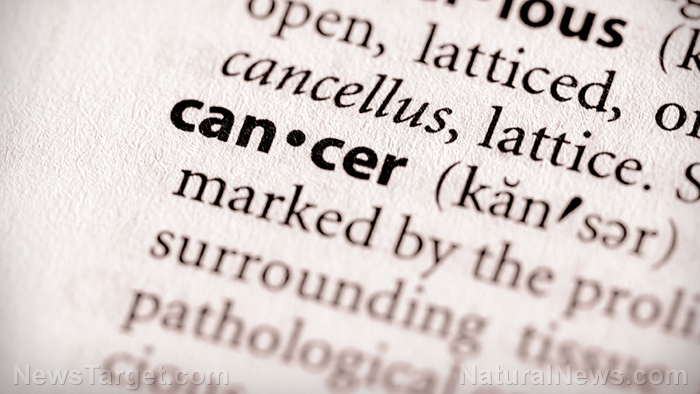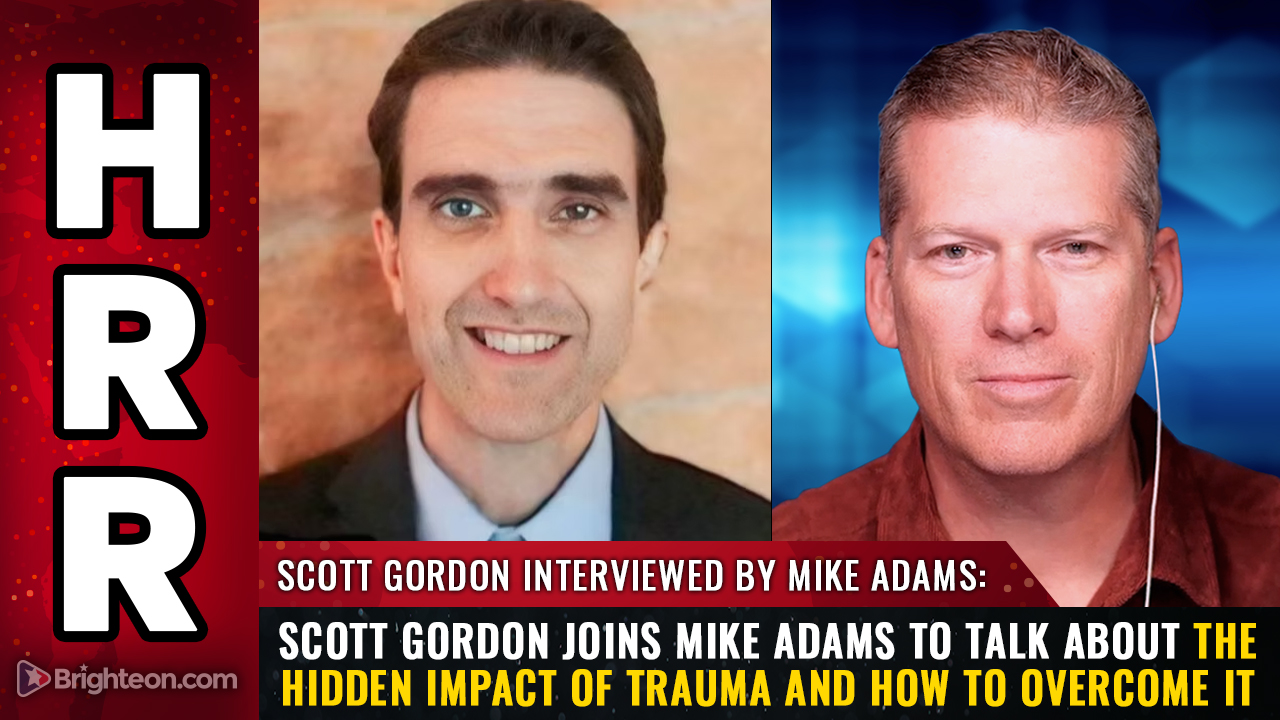Ty M. Bollinger's "The Truth About Cancer" recounts his journey from despair to hope
- Ty M. Bollinger's book "The Truth About Cancer" stems from his grief over losing both parents to cancer and his subsequent quest to uncover alternative treatments, inspired by his great-grandfather's recovery through natural methods.
- Raised in a family of natural health practitioners, Bollinger’s own battle with "incurable" Crohn's disease and later metastatic cancer led him to embrace faith, nutrition and detoxification – resulting in his recovery and advocacy.
- The Flexner Report (1910) centralized medical education, sidelining holistic practices (e.g., homeopathy, herbal medicine) in favor of pharmaceutical treatments, contributing to rising cancer rates.
- Pioneers like Royal Rife and Harry Hoxsey faced opposition for their natural cancer treatments, while chiropractic medicine endured decades of stigma before gaining acceptance.
- The pharmaceutical industry, leveraging propaganda (e.g., Edward Bernays' tactics), promotes drugs over natural remedies, despite many originating from toxic chemicals like mustard gas. Empowerment through education is key to reclaiming health autonomy.
In a world where cancer has become a pervasive and often misunderstood adversary, Ty M. Bollinger's book "
The Truth About Cancer: What You Need to Know About Cancer's History, Treatment, and Prevention" emerges as a beacon of knowledge and empowerment.
Bollinger's mission is deeply personal, driven by the loss of both his parents to cancer and its often ineffective treatments. His journey is not just one of grief, but of transformation and a relentless pursuit of understanding the true nature of this disease.
His parents, Jerry Jean Bollinger-Taylor and Charles Graham Bollinger, were his heroes, and their deaths left an indelible mark on his life. Yet, instead of succumbing to despair, Bollinger channeled his sorrow into a quest for knowledge and hope.
His great-grandfather Max, a dental technician, developed stomach cancer after years of inhaling dust from grinding false teeth and consuming excessive soda. But Max found a turning point when he sought treatment from a German doctor, Max Gerson. The unconventional diet program prescribed by Gerson led to Max's remarkable recovery, becoming cancer-free.
This narrative is a microcosm of a larger movement toward natural health principles. Bollinger's grandfather became a dentist, and his father a naturopathic doctor and chiropractor, instilling in him a deep appreciation for
holistic approaches to health.
However, it was his own diagnosis with "incurable" Crohn's disease and his subsequent failure to find relief from 69 conventional and natural medicine experts that solidified his calling: to guide others in overcoming disease. Bollinger's crusade took a dramatic turn when he was diagnosed with aggressive metastatic cancer.
Facing what seemed like a death sentence, he turned to a potent combination of faith in God and an aggressive nutrition and detoxification program. Today, he stands eight years removed from that diagnosis, continuing his mission to bring health and hope to the world.
The history of medicine and the politics of cancer treatments reveal a complex and often contentious landscape. A century ago, only one in 80 Americans was diagnosed with cancer. Today, according to the
World Health Organization, one in two men and one in three women will face a cancer diagnosis.
This alarming increase can be attributed to the evolution of medical practices and the rise of the pharmaceutical industry. Before the Flexner Report of 1910, what is now termed "alternative" medicine was simply medicine. Doctors routinely used homeopathy, herbal medicine and other natural treatments.
The Flexner Report, sponsored by influential figures like the Rockefellers and Carnegies, shifted the paradigm by promoting a more uniform, top-down controlled system of medical education. This change sidelined many legitimate forms of medicine, paving the way for the pharmaceutical industry to dominate.
The
suppression of natural treatments is a recurring theme in this narrative. Pioneers like Royal Raymond Rife, who discovered that disease microbes have unique electronic signatures that can be neutralized, and Harry Hoxsey, whose herbal formulas helped hundreds of cancer patients, faced relentless opposition from the medical establishment. The American Medical Association's campaign against Hoxsey was so intense that it led to the closure of his clinics.
The story of chiropractic medicine further illustrates the medical establishment's resistance to change. Despite decades of opposition, chiropractic has persevered and is now a respected profession. However, the fight for recognition was arduous, involving legal battles and a staunch defense of its legitimacy.
The rise of Big Pharma and the suppression of natural treatments are intertwined with the public's perception of medicine. The pharmaceutical industry has mastered the art of propaganda, using psychological manipulation to convince the masses that drugs are the only legitimate remedies for disease. Edward Bernays, the "Father of Spin," played a pivotal role in this transformation, using propagandized persuasion to sell the public on the idea of "modern" medicine.
The result is a society that often views natural remedies as "unscientific" and "quackery." However, many pharmaceuticals have their roots in chemical weapons, with the first chemotherapy drugs derived from mustard gas used in World War I. The medical establishment's obsession with controlling the dispensation of medicine has led to a system that sidelines natural remedies in favor of patented drugs, benefiting a few at the expense of the many.
The key to change lies in education and empowerment. By educating people about the true nature of cancer and the alternatives to conventional treatments, they can make informed decisions about their health and well-being. Knowledge is power; the more people know, the better equipped they are to take control of their health and
fight cancer with confidence and hope.
Watch this video about Ty M. Bollinger's book "The Truth About Cancer: What You Need to Know About Cancer's History, Treatment, and Prevention."
This video is from the
BrightLearn channel on Brighteon.com.
Sources include:
Brighteon.ai
Brighteon.com
 Parler
Parler Gab
Gab










